UPDATE (2023 February 2): Five years after writing this blog post, I wrote some reflections on the BIGGEST lesson I learned.
My body of work has matured and shifted since writing this post, e.g. I no longer call myself an expressive writing coach and the weekly expressive writing prompts I used to publish online are now being published in a workbook and card deck. Despite this, I’m not changing any of the words in this post as it shows where I started and that’s an important part of capturing my intellectual lineage.
In any case, this post can provide some insights into what has happened to me professionally and personally since publishing this post in October 2017. The prompts provided at the end of this post are still used by many to this day.
I’m an expressive writing coach.
I’ve used expressive writing to heal, say no, and create stronger boundaries around my time, resources, and energy.
I like to tell people that it took me eight years to author seven books, but it took a year to become a writer.
And I deliver weekly expressive writing prompts to my patrons where I help them question their beliefs use expressive writing to uncover why they’re feeling tense, tired, or trapped.
Each day during the challenge, I provide writing prompts – a list of questions – to help stimulate their writing muscles.
Then, they write everything and anything that comes to mind.
They do not edit or censor themselves.
They write, at minimum, 750-words freely and without inhibition.
Expressive writing heals…
I’ve seen women release the pain around historical and personal trauma.
I’ve seen them name the ways systemic oppression has influenced their self-esteem and core beliefs.
I’ve seen them use expressive writing as a liberation tool.
It’s not easy writing about those tough memories…
It’s equally hard to hear people share them. I’m often audience to these heart-breaking stories and I listen because I’ve worked through my own stuff, and I know that sharing is a function of healing.
Listening and reading about someone’s pain is tough. So, I can only imagine how hard it must be for those who are the descendants of the oppressors to listen to the continuous cries of those who are the descendants of the oppressed.
I get it.
3 Reactions to Someone’s Pain
When confronted with someone’s pain, specifically the pain around living with racism, or the intersection of racism, sexism, classism (and other -isms), white people do one of three things (I adapted these three responses from William Ury’s book, The Power of Positive No):
- Attack – They respond using hurtful and mean words.
- Accommodate – They say they understand, but only do so to get the person of colour to calm down or go away.
- Avoid – Instead of acknowledging what was said, they respond with messages of love and light.
Why You’re Being Called Out
If a white person reacts by attacking, she is not surprised by the hurtful or mean words thrown back at her. In fact, this is what gives trolls and cyberbullies life.
So, we won’t focus on the one who choose to attack…
Instead, we’ll focus on the white person who responds using #2 or #3 above. For when she tries to accommodate or avoid what she’s heard, they are shocked when they’re accused of white fragility, spiritual bypassing, or white privilege.
You’re well-meaning and you truly want to understand…
And yet, despite your well-meaningness, your responses end up harming people of colour even more.
And now you’re confused.
Because you were only trying to help.
So, let me help you…
I recently had an encounter with a white man on a friend’s page on Facebook. He seemed to take issue with my friend’s (another white man) stance on racism.
After engaging him for an hour, I was exhausted.
I had expended so much emotional and intellectual labour trying to help this stranger see why his reaction was an example of white fragility.
The only good thing that came out of that discussion was a series of writing prompts I wrote so the stranger could work through his own rage.
I present these writing prompts to you…
If you’re a white person and you truly, really want to show up and support people of colour without being accused of white fragility, spiritual bypassing, or white privilege, I’ve put together some writing prompts you can use to uncover what’s blocking you.
Before I give you the writing prompts, let’s review some of the phrases you may have used that most likely triggered the accusation of white fragility, spiritual bypassing, or white privilege.
Some of the phrases you’ll read below are taken from actual Facebook posts.
It’s rare for me not to give attribution, but I decided not to name whom I copied the phrases from to protect their identity.
White Fragility Triggers
What it means?
[A way to] withdraw, defend, cry, argue, minimize, ignore, and in other ways push back to regain [their] racial position” as a reaction to the expression of a person of colour’s pain Source
Key Phrases
- “If you say it in a less angry tone, I’ll listen.” (this is like giving a POC a time out)
- “Stop speaking down to me!”
- “I’m an average poor straight white man, why doesn’t anyone care about me?”
- “This is liberal self-loathing and racism against white people!”
- “Racism isn’t the issue; it’s the coastal elites ignoring poor white men that is!”
- “White fragility is a racist term used to shut white people up. It’s quite vicious actually.”
- “It seems to be a sin for a white person to complain at all.”
- “I reject your post-modern regressive left identity politics.”
- “You’re using racist terms like white fragility to disqualify my point of view.”
- “I’m in the poorest city where white boys do the worst in school of any group, but no one wants to talk about that.”
- “Not all white people.”
- “As a white woman, I’ve had to defend myself against the white boys club that it’s hard to see another’s oppression.”
- “Stop attacking me!”
- “Let’s wait for the facts.”
- “It was just a joke.”
Spiritual Bypass Triggers
What it means?
The tendency to use spiritual ideas and practices to sidestep or avoid facing unresolved emotional issues, psychological wounds, and unfinished developmental tasks” Source
Key Phrases
- “Stand in self love.”
- “Focus on what you want.”
- “Awaken to your power and stop giving it away.”
- “Your perspective shapes your reality, so think positive.”
- “Work hard and be the change you want to see in this world.”
- “We create our own reality; our thoughts create our own reality.”
- “Oneness for all is my wish.”
- “I am a warrior of my own life. A feminine goddess.”
- “How we choose to react to our life circumstances is our choice.”
- “I wish you love and hope you find peace in your heart.”
- “I am not oppressed. I am a liberated woman. I choose my life path and the choices I make have cause and effect.”
- “Be mindful of the words you use. Your words are powerful. Always speak the language of love.”
- “Just pray about it and let God do the rest.”
- “Use love to move past your victim mentality.”
- “Talking about racism is low vibe.”
- “Everything you’re experiencing is 100% reflection of what’s in your own consciousness.”
- “Take responsibility for your thoughts.”
- “The heart knows beyond color, beyond race, beyond the victim perpetrator hypnotism.”
- “There’s no such thing as a culture of white centering and fragility. That exists in your experience here on this beautiful planet.”
White Privilege Triggers
What is means?
Societal privileges that benefit people identified as white in Western countries, beyond what is commonly experienced by non-white people under the same social, political, or economic circumstances.” Source
Key Phrases
- “I’m not an oppressor; I’ve never owned slaves.”
- “Just work hard.”
- “I have white skin and I’m still poor.”
- “All this talk about racism – just get over it!”
- “Move on already. It happened 100-years ago.”
- “Stop with the victim mentality!”
- “Stop making it about race!”
- “Black lives matter? All lives matter!”
- “We are all one race.”
- “I don’t see colour.”
White Paternalism / White Maternalism Triggers
What it means?
Infantilizing adult people of colour and treating them like children”
Key Phrases
- “Here’s what I hear you saying…”
- “What you really mean is…”
- “You seem to be emotional about this race thing.”
- “Instead of being angry, embrace love and light.”
- “Stop being so angry. It doesn’t look good on you.”
- “No, you’re wrong. My thinking is right, and here’s how…”
- “I understand what you mean. I had the same thing happen to my dog/daughter/suitcase/home/neighbour (choose one or add your own)…”
Core Beliefs Writing Prompts (for White People)
If any of the phrases above have shown up in your dialogue with a person of colour after they’ve expressed their pain or oppression, I invite you to work through the following writing prompts (inspiration for some of these writing prompts has come from a few resources, including Andrea Ranae‘s Coaching As Activism course and the 21-Day Write Early Challenge):
- What was your earliest memory around skin colour? Where were you? Who were you with? Was it something a family member said? Was it an event you and your friends participated in? How did you feel?
- Name an early experience when a person of colour made you feel uneasy. Why was that? What made them threatening? What was your response? If they were not threatening, how would you describe them? How does that early experience shape how you interact with people of colour today?
- How did your parents or caregivers talk about skin colour? How did their beliefs and views shape you? How do you feel about the words your parents or caregivers use to refer to people of colour today, now that you’re older?
- Reflect on a time you were led by a person of colour in a professional setting. What was your experience? Did you accept their leadership? Why or why not? In what ways did you support him/her? In what ways did you sabotage him/her? If you were never led by a person of colour in a professional setting, why do you believe that happened?
- Name your favourite television shows, films, radio programs, and/or comic books you consumed as a child and teenager. Were people of colour present? If yes, what roles did they play? What were their characteristics, clothing, and speech? If there were no people of colour present in the materials you consumed, why were they missing? What reasons can you give for their absence? Would this be realistic for the city or town the story took place in? Why or why not?
- What does your religion or spirituality teach about people of colour? How has those teachings influence you? Do those teachings align with what you’ve read in the sacred book that guides your religious or spiritual beliefs? Why or why not?
- What does power mean to you? Who holds power in the country you live in? What is their gender, race, nationality, sexual orientation, and political stance? In what ways do they reflect you? Do you have the same access to power as those who hold power in your country? Yes or no? If no, what prevents you from gaining access?
- Name a time when you had a problem that took months, maybe years, to solve. What was that problem (for example, work, property, health, or legal problems)? How did you feel about the delay? What did you do to raise attention about what you were unhappy about? Who listened to your grievance? How can you use those feelings of being wronged to understand the issue people of colour are protesting?
- As a child, how was your anger or sadness handled by your parents, caregivers, older siblings? Were you encouraged to express it, or were you shamed, ridiculed, or humiliated in showing those emotions? How did you witness other family members handling negative emotions? Was it encouraged or was it shut down? By whom? How did that person react? What were the words they used? Do you feel comfortable expressing anger, sadness, or pain in your family today? Why or why not?
How to Write Expressively
To do this successfully:
- Choose which questions you’ll answer. You don’t have to answer all of them; just the ones that resonate.
- Choose how you’ll write your responses. Use pen and paper, or type up your thoughts using 750words.com.
- Choose when you’ll write. Write at a time when you won’t be interrupted. I find that anytime before 5am works best. If you want to know why, click here.
- Write expressively for 30-minutes. Do so non-stop. Do not go over your writings. Do not edit or censor yourself. Just write, without stopping, for half an hour.
- Review what you wrote, but in three days. After the timer goes off, log out of 750words.com or put your writings in a sealed envelope. When three days have gone by, review what you’ve written. Why three days? Usually I recommend not looking at your writings for three weeks, but dismantling white fragility, spiritual bypass, and white privilege is urgent work, so three days is good enough.
Why Do This?
The whole point to this expressive writing exercise is to help you uncover the blocks you may have in hearing another person’s pain.
By identifying why it’s so bothersome in hearing people of colour share their experience with systemic oppression, you’ll learn how to hear without getting dismissive or defensive.
It also helps you to be a better ally. The image below explains further:
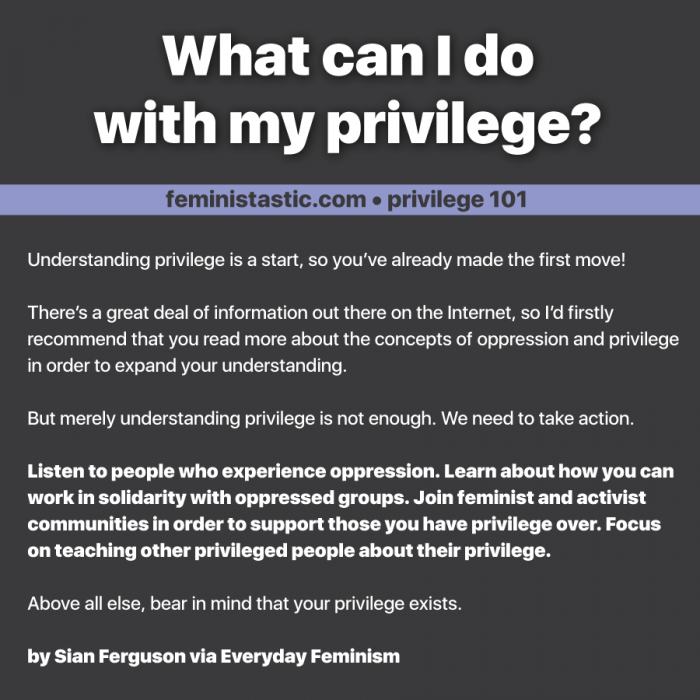 What’s Next?
What’s Next?
- Work through the questions. See what comes up for you. Share only what you’re willing on your social media accounts, including a link to this blog post.
- Share this post with coaches, spiritual leaders, activists, or other leaders who are white and are mystified as to why their good intentions continue to be misinterpreted by people of colour.
- Get writing prompts weekly. If you want NEW expressive writing prompts each week to help you work through your internal oppression so you can courageously stand up against systemic oppression, join my exclusive community. You can choose the amount you want to invest and stick with me as long as you like.
- Or, contribute a one-time financial offering through my PayPal account. Only if you desire and only if after sharing this post, you feel impressed to do more. Click here for the link.
- Contact me for speaking engagements or media interviews. Fill out the contact form. My assistant will respond to your request and request more information so we can get me booked for your upcoming event.
- Share with your students or workshop attendees with FULL attribution. Yes, you can distribute the writing prompts and phrases to your students o workshop attendees. If you do, it must be with FULL attribution. Meaning that you put my name Leesa Renee Hall and my website address on the form, along with the prompts. You cannot sell the prompts individually and make money off them. Don’t do that. Instead, it can be offered as a handout. Any questions, contact me.
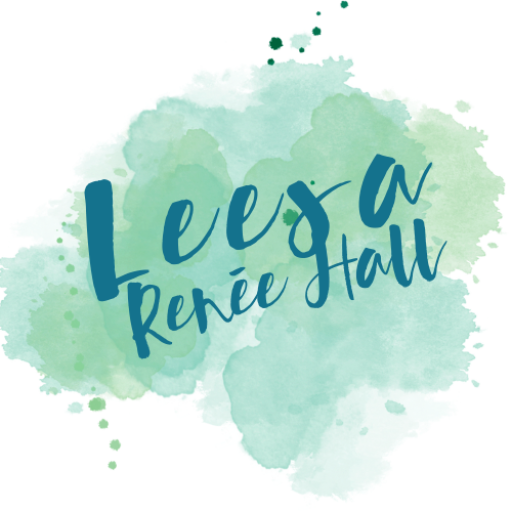
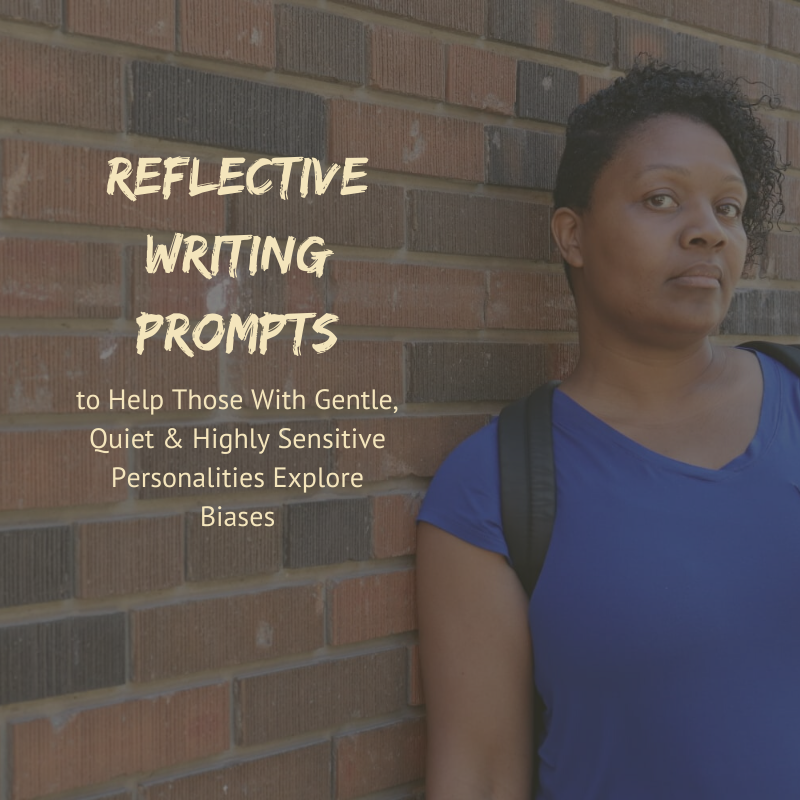
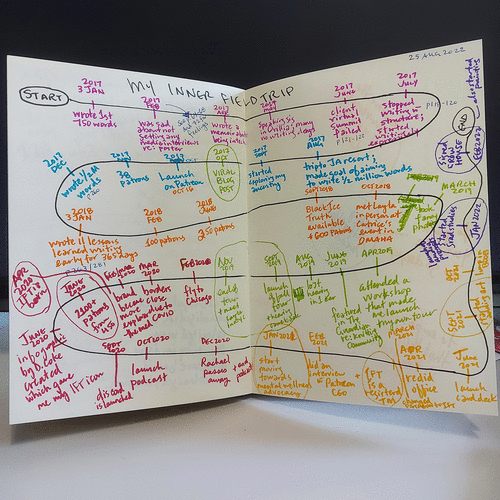
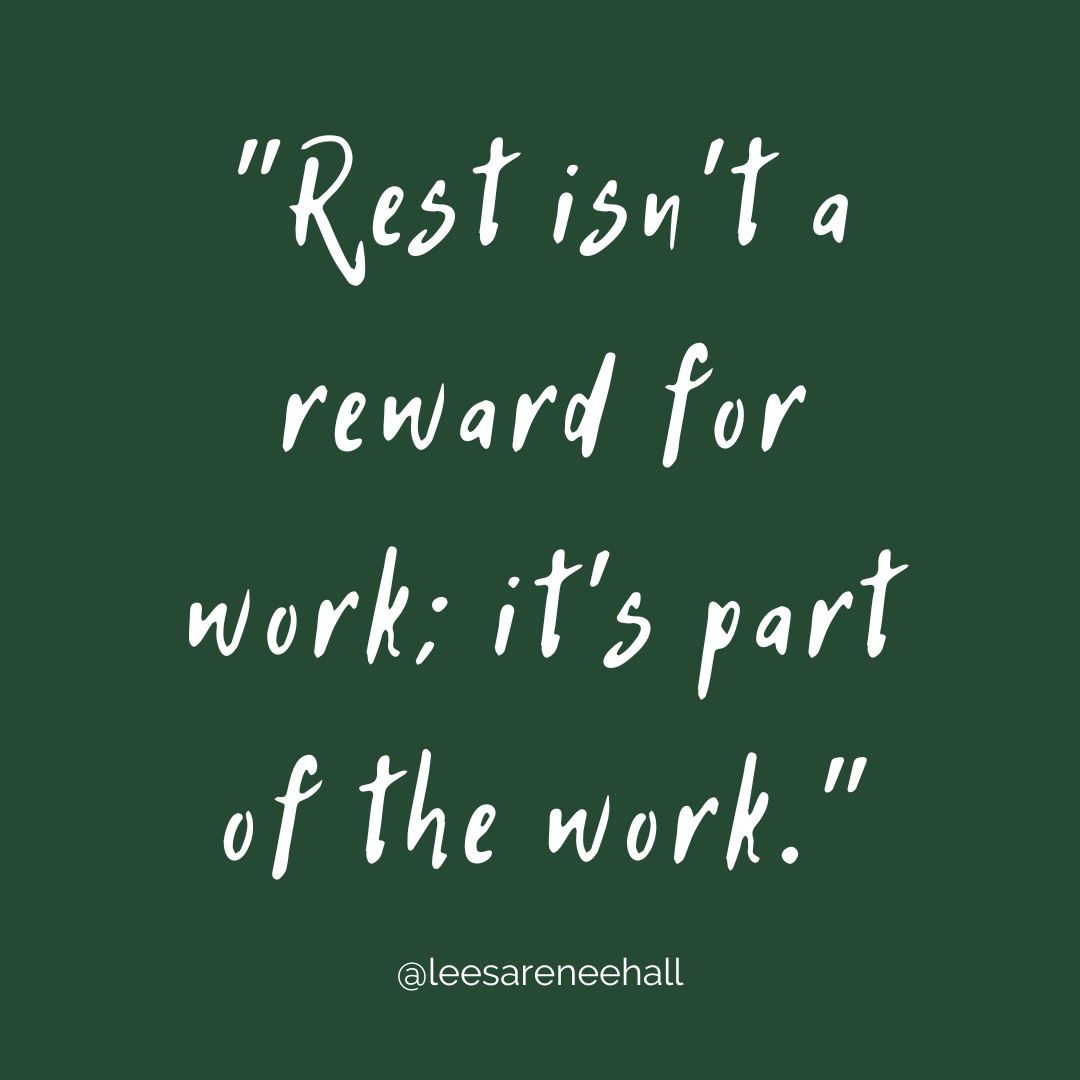

I’m so thankful for this article. I can see how I have had blinders on even when my intentions were well-meaning and I thought I was completely progressive in my beliefs and behavior. I’m going to do these writing exercises and I’m going to donate to you to thank you for writing this and I will be looking into your course as well. Thank you again.
Pls share an update on your discoveries after working through these questions.
Thank you for this loving work. I will use this to see how my white fragility gets in the way of moving forward.
The questions will open up new doors of awareness.
Great questions. Will use them in the working group I’m in to help develop a curriculum on white supremacy in my religious tradition. Still trying to figure out white culture where I live now, since I grew up with a strict caste system that did not privilege my kind except that we were a little above Black people. Moved away from all that, and here I’m actually as white as a blue-eyed blonde. It’s a head-banger. Never really got it before that so many white folks actually, truly don’t know what’s been going on.
The fish analogy was perfect. Thx for sharing your experience. We all have so much to learn.
beautiful. thank you.
Happy to share.
I love this, Leesa. Some great questions to reflect on. Thanks for putting it out there.
Glad you found the questions helpful.